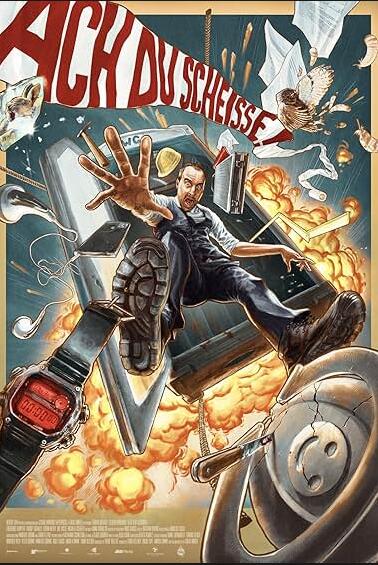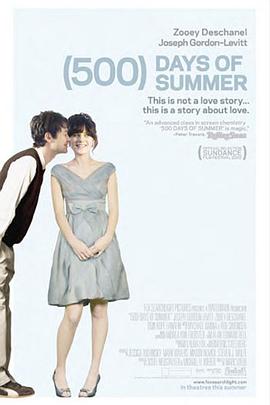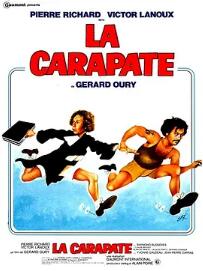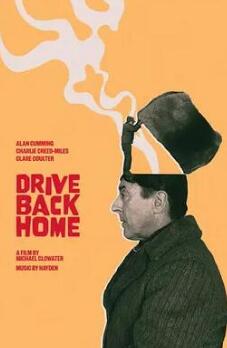剧情介绍
(🈯) 故事分成三個(gè )章節(🐽):主(zhǔ )要的章節由高達親自飾(shì )演導演,正要(🤴)趕乘飛(fēi )機,在(zài )24小(xiǎo )時內(nà )(🍖)把一部電影(yǐng )的菲(fēi )林交給監製(zhì );同時一隊二(♑)人流(😎)行(háng )電子音(🐿)樂組(zǔ )(🔸)合(hé ),不(🤷)斷排練(liàn )(🎡)歌曲,最後在(✳)路上表演;另(lìng )一邊廂,愚笨的大肥佬(lǎo )(🍮)捲(✖)入一宗事(🖍)件,被(🥀)神(🕕)秘(mì )女人密切監(jiān )視,最後(hòu )更被拘(jū )捕。三(sān )段(duàn )故事看似毫無關(guān )(💱)連(🦗),實(🎛)際是高達以電影(yǐng )來討(tǎo )論(✋)電(diàn )影製作(zuò )和藝術創作的重(chóng )要。片名看似帶有弦外之(zhī )音(🔔),就像(🕙)高達暗示(👺),假如監製或(🕐)其他人要干擾(rǎo )(⚾)導演的藝術創作,就(💹)索性我行我(👊)素,忠於自己(😊)的道(dào )(➡)路好(🐛)了(🌹)。這(zhè )大概亦示範了高達如何純(chún )熟地(dì )運用電影媒體來做(🤔)評(📧)論。
A film in three chapters: Godard plays the director in the main chapter, rushing to catch a plane to pass the negatives to his producer within 24 hours; an electronic duo keeps rehearsing for their roadshow; a clumsy fat man gets involved in an incident, and is arrested after being watched by a mysterious woman. Seemingly unrelated events, Godard is discussing the importance of film producer and artistic creativity. Godard is making the statement that if a producer or anyone interferes with creativity, it is better for the artist to go one's own way. A showpiece of how Godard uses the film media as his critical essay.
A film in three chapters: Godard plays the director in the main chapter, rushing to catch a plane to pass the negatives to his producer within 24 hours; an electronic duo keeps rehearsing for their roadshow; a clumsy fat man gets involved in an incident, and is arrested after being watched by a mysterious woman. Seemingly unrelated events, Godard is discussing the importance of film producer and artistic creativity. Godard is making the statement that if a producer or anyone interferes with creativity, it is better for the artist to go one's own way. A showpiece of how Godard uses the film media as his critical essay.
喜欢看【神游天地】的人也喜欢
喜剧片• 热播榜
- 1DVD中字吸烟的鱼
- 2HD中字版夜之女王
- 3HD中字版月代头布丁
- 4HD中字版麦克斯·克劳德的星际冒险
- 5HD粤语版双肥临门
- 6HD国语版火烛鬼
- 7HD国语版故事贩卖机
- 8HD中字麻辣教师GTO 复活
- 9HD中字版再次回家
- 10HD中字嫁给我好吗?











